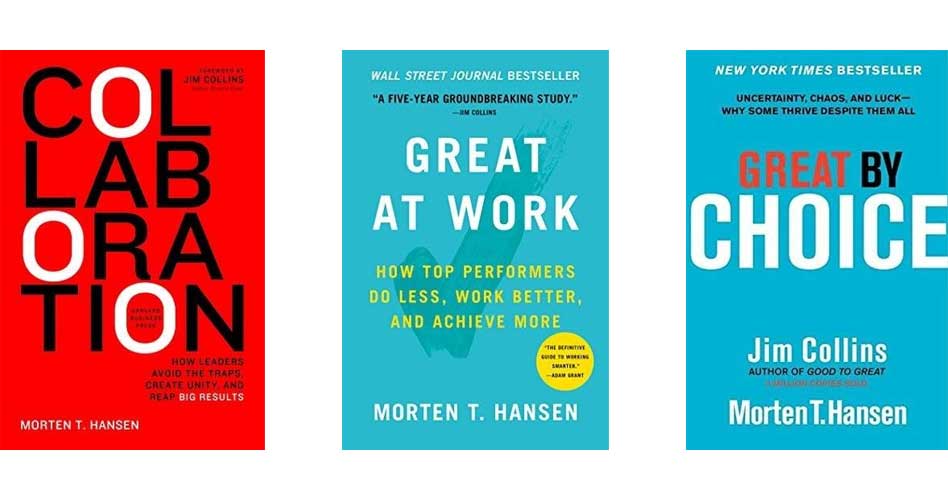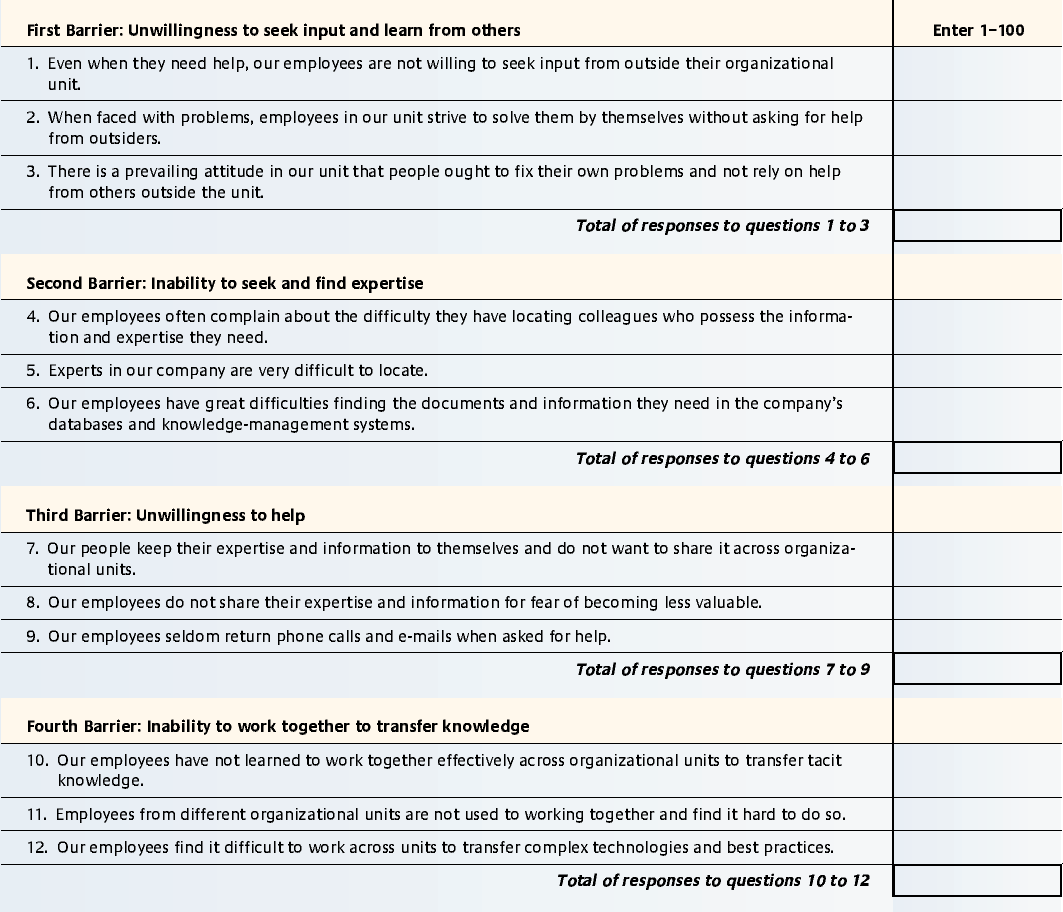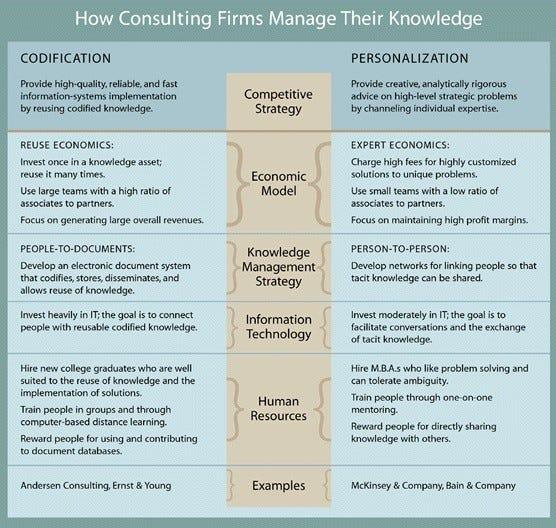Lucidea’s Lens: Knowledge Management Thought Leaders Part 82 – Morten Hansen

Stan Garfield

Morten Hansen’s research focuses on social networks, collaboration, knowledge management, and corporate innovation. He has published numerous articles in Harvard Business Review and in Sloan Management Review.
Morten is a management professor at University of California, Berkeley and a senior director at Apple. He is a former professor at Harvard Business School, a former professor at INSEAD (France), and a former manager at the Boston Consulting Group. He has published numerous articles in Harvard Business Review and in Sloan Management Review. He holds a PhD from Stanford Business School, where he was a Fulbright scholar. His academic research has won several prestigious awards, and Thinkers50 has ranked him one of the world’s most influential management thinkers.
Books

What’s Your Strategy for Managing Knowledge? with Nitin Nohria and Thomas J. Tierney
Getting Collaboration Right with Herminia Ibarra
Under-collaboration. Companies that operate as a collection of silos commit the cardinal sin of underperforming relative to the resources they have invested. Money is left on the table because managers are unwilling or unable to cross-sell their products and services, cross-pollinate resources to create new products, or share best practices to improve efficiency.
Over-collaboration. The alternative problem is that collaboration sometimes goes too far. It sets in when people collaborate on the wrong things or when collaboration efforts get bogged down in endless discussions and consensus decision-making in which no one is clearly accountable. The result is slow and poor execution.
Both traps are equally perilous: under-collaboration leads to underperformance relative to a company’s resources, and over-collaboration undermines speed and execution, also leading to poor results. Collaborating in the right way to reap the economic benefits and not fall prey to either extreme is clearly a very difficult balancing act.
So what’s the right way? Disciplined collaboration is one way to get this right. It requires managers to rigorously assess the business case for any collaboration effort, spot and tear down behavioral barriers to teamwork and set up the organization correctly by aligning incentives and promoting accountability.
Leaders play a crucial role in getting this right. They not only need to orchestrate the conditions for employees to collaborate on the rights things, but they also need to show a strong hand in guiding collaboration efforts.
How to Build Collaborative Advantage
Barriers to Collaboration


Stan Garfield
**Disclaimer: Any in-line promotional text does not imply Lucidea product endorsement by the author of this post.
Never miss another post. Subscribe today!
Similar Posts
Lucidea’s Lens: Knowledge Management Thought Leaders Part 106 – Hubert Saint-Onge
As the creator of the Knowledge Assets Framework Hubert has shaped how businesses integrate strategy leadership and knowledge sharing to drive performance.
Lucidea’s Lens: Knowledge Management Thought Leaders
Part 105 – James Robertson
James Robertson is a pioneer in intranet strategy and digital workplace design helping organizations create seamless employee experiences. As the Founder of Step Two and a respected industry voice he has shaped best practices in content management portals and digital experience design.
Lucidea’s Lens: Knowledge Management Thought Leaders
Part 104 – Vincent Ribière
Vincent Ribière advances knowledge and innovation management through AI creativity and KM. Explore his work in academia research and industry leadership.
Lucidea’s Lens: Knowledge Management Thought Leaders Part 103 – Tony Rhem
In this edition of Lucidea’s Lens: Knowledge Management Thought Leaders we highlight Dr. Tony Rhem a leading expert in AI big data information architecture and innovation. As CEO of AJ Rhem & Associates Tony has shaped the fields of knowledge management governance and emerging technologies.







Leave a Comment
Comments are reviewed and must adhere to our comments policy.
0 Comments